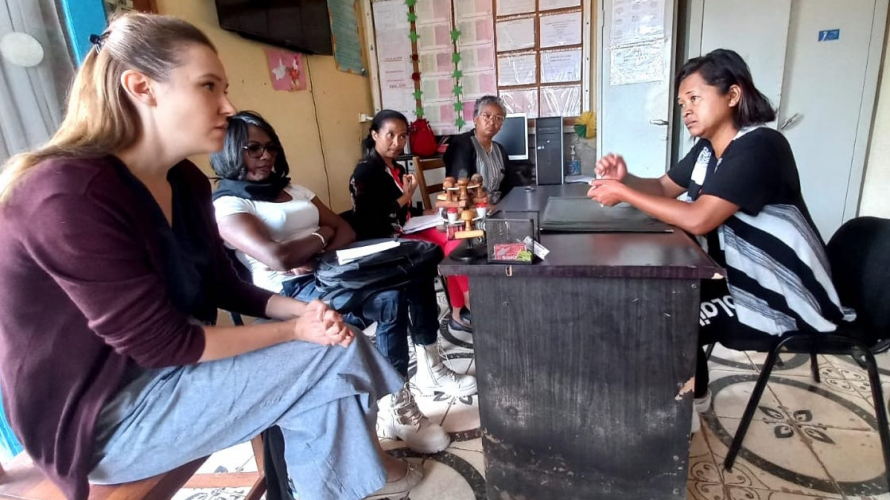
This blog, available on UNICEF’s Office of Research-Innocenti website, is the first of a three-part series that showcases the value of co-creation approaches to designing and implementing education research.
Data Must Speak (DMS) is a multi-country initiative supported by the Global Partnership for Education Knowledge and Innovation Exchange that identifies “positive deviant” schools with standout performance in contexts that are otherwise heavily impacted by the learning crisis. DMS provides technical assistance that can help education systems in these contexts unlock the behaviours and practices of positive deviant schools to implement their successes in lower performing schools.
A key driver of this project has been the “co-creation” of research, which is an approach that recognizes education stakeholders as more than just end-users. Making grassroot-level stakeholders active partners at all stages of the project’s activities has had a positive impact on DMS research ethics, impact, and sustainability.
The blog shares DMS’s five-step approach to implementing research co-creation:
- Identification of education stakeholders from all levels
- Formation of consultative and technical working groups
- Collaboration design and implementation of data collection tools with school-level stakeholders
- Data analysis with key stakeholders
- Development of research outputs and dissemination strategies with country stakeholders
Read the full blog here, and stay tuned for the second blog, which will present key challenges of the DMS research co-creation approach.
